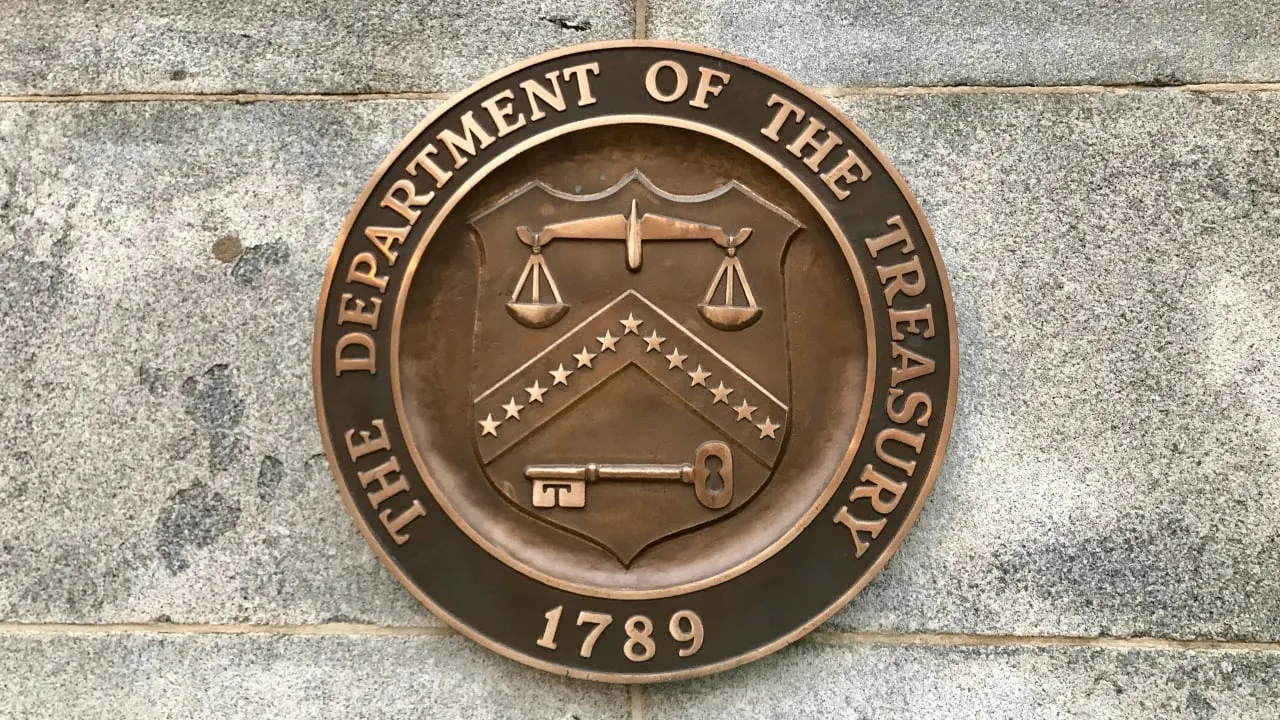The United States Treasury has pushed for Congress to equip it with the "necessary tools" to tackle illicit finance linked to cryptocurrencies, including terrorist financing and sanctions evasion.
In written testimony prepared for a Senate Banking, Housing, and Urban Affairs Committee hearing this Tuesday, U.S. Treasury Deputy Secretary Adewale O. Adeyemo argued that without Congressional action to equip the Treasury with those tools, the use of virtual assets by "terrorist groups and other malign actors" will increase.
Adeyemo pointed to examples of cryptocurrency use by groups including al-Qaeda, the Islamic Revolutionary Guard Corps-Qods Force, Hamas, and Palestinian Islamic Jihad, as well as state actors including Russia and North Korea.
"While we have had some success in rooting out illicit finance in the digital asset ecosystem, we need to build an enforcement regime that is capable of preventing this activity as more terrorists, transnational criminals, and rogue states turn to digital assets," Adeyemo wrote, pointing to three key areas of reform.
They include the introduction of a "secondary sanctions tool" targeting foreign digital asset providers that "facilitate illicit finance." Adeyemo noted that while the Treasury is currently able to prevent U.S. correspondent accounts and transaction processing for overseas financial institutions that have operated with sanctioned individuals, crypto exchanges "do not have or depend on correspondent accounts for all of their transactions."
A second reform would extend existing Treasury authorities to cover virtual asset service providers (VASPs) and crypto exchanges. "Today, they play a major role in how currency moves digitally and should be regulated as such," Adeyemo wrote.
Finally, he added, the Treasury should be given authority to "reach extraterritorially when digital asset entities harm our national security while taking advantage of our financial system."
While conceding that the majority of illicit finance linked to terrorism currently flows through traditional financial products and services, Adeyemo argued that "actors are increasingly finding ways to hide their identities and move resources using virtual currency."
The role of crypto in terrorism and illicit finance has become a rallying cry for some lawmakers. U.S. Senator Elizabeth Warren (D-MA) has repeatedly linked crypto to terrorist financing by groups such as Hamas, using figures that have been disputed as "misinterpreted" by the firm that provided the data.
An October 2023 report by blockchain analytics firm Chainalysis found that crypto makes up a "very small portion" of terrorist financing. That same month, Adeyamo remarked that "crypto is not the vast majority of the ways that these groups are funded," during an event hosted by London’s Royal United Services Institute.
In February 2024, U.S. Rep. French Hill (R-Ark.) argued before the House Financial Services Committee that while "reactionary claims" over the extent of crypto's use by terrorists had been "greatly exaggerated in the case of Hamas and Gaza, it's still important for us to identify and close any potential gaps that can be exploited by criminals and terrorists."
Edited by Andrew Hayward

